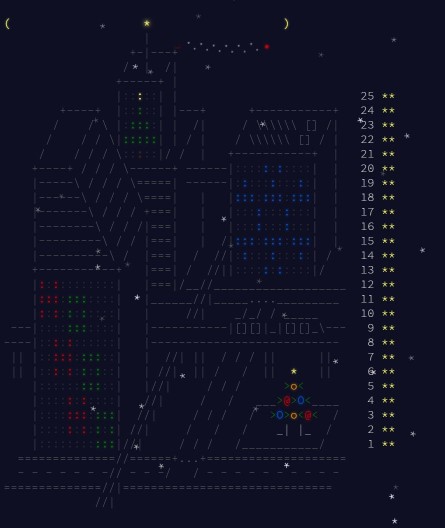This is a series of programming challenges for beginners and experienced Caché programmers.
For an introduction : go to article https://community.intersystems.com/post/advent-code-2016-day1-no-time-ta...
In today's challenge, you have to execute instructions that control how bots are handling microchips.
The input contain instructions that can be something like this :

